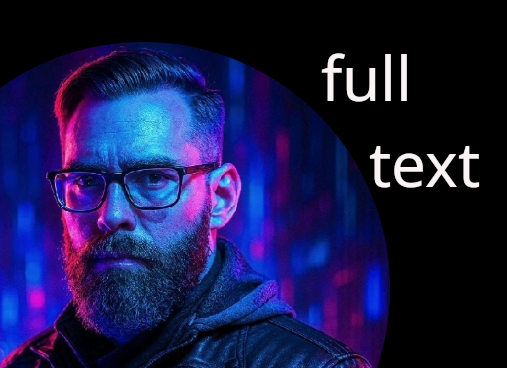
(For the summary, click here.)
John Eischeid: Would the Algorithmic Accountability Act of 2023 apply to AI-generated libel or defamation?
Waydell D.C. Carvalho: Not directly. The Algorithmic Accountability Act of 2023 requires companies to assess automated systems for risks but it doesn’t cover defamation. If an AI falsely claims someone is a sex offender, the Act does not assign legal responsibility or provide a remedy.
However, the Act pushes companies to assess and reduce foreseeable harms. That includes reputational damage if flagged in a risk assessment. So while it is not a defamation law, it encourages companies to take steps that might prevent harmful outcomes. In other words, negligence.
Moreover, we also know how laws tend to evolve. Sales tax was not applied to internet sales, but that changed. Facebook’s ad algorithm was ruled discriminatory when it allowed housing ads to be shown based on race. That case was not about defamation either, but it set a precedent for holding companies accountable for algorithmic harm.
So, while the law today may not cover libel from AI, the direction is clear. Companies will likely face some liability. The real question is how much and for what kinds of harm.
JE: Can you give specific examples of reskilling, upskilling, and safety nets for AI disruption?
WDCC:
These aren’t abstract ideas. In Germany, Siemens partnered with unions to reskill thousands of workers for AI-enhanced manufacturing. It’s real, and it’s happening.
JE: How has AI changed your approach to content strategy and SEO?
WDCC:
Three shifts:
• Search is fragmenting. People are getting answers from AI tools, not just Google. That means content has to be structured for machines, not just humans.
• Authority matters more. If you’re not cited in structured data, you’re invisible to many LLMs.
• Speed and iteration. I can now draft and test five headlines or blog versions in an hour using AI. That’s changed editorial workflows.
AI hasn’t replaced strategy. But it’s made testing and execution faster.
JE: What are your ghoughts on services like WaiKay.io that reveal what AI “knows” about you?
WDCC: Interesting idea but limited. LLMs don’t store personal profiles unless fine-tuned with specific data. So what an AI “knows” about you is really a reflection of what’s on the internet, not private knowledge.
That said, it raises good questions about surveillance, digital hygiene, and reputation management. I support the right to audit what models generate about individuals but we need guardrails. Think of it like a credit report, useful, but needs regulation.
Moreover, the underlying problem is what Big Tech knows about you. After all they are the ones who decide what AI does and how it operates.
JE: Why comics? Why that medium? Are they AI-generated?
WDCC: I kept testing with different content types. As LinkedIn evolved, I had to evolve with it. Evolve or die as the saying goes. I went from long posts to shorter posts with carousels, and then short videos. Eventually settling on shorter posts and comics.
The comics can get across big ideas, simply. They are AI-generated, but I storyboard them and write the dialogue. The look, often in a Bruce Timm meets cyberpunk style, was intentional. It draws attention but doesn’t distract from the point. And for some people, that’s the only format they’ll engage with on LinkedIn.
JE: Why the spelling “Dailectics”?
WDCC: In Ancient Greece, dialectics referred to both a method of reasoning and a specific type of philosophical inquiry. So I just switch the I and the A for A.I.

You’re just a few clicks away from joining the thousands of people that have benefited from our AI led, human backed platform.
Just choose a way to register below and you’ll be on your way!

You’re getting access to:
AI led and human backed with do it yourself or done for you options.
We’ll see you on the other side!